Lagos, Nigeria – In a sad turn of events, the renowned African Artists’ Foundation (AAF) is embroiled in a bitter legal dispute with Keystone Bank, calling for justice after an alleged illegal possession of its premises in Lagos.
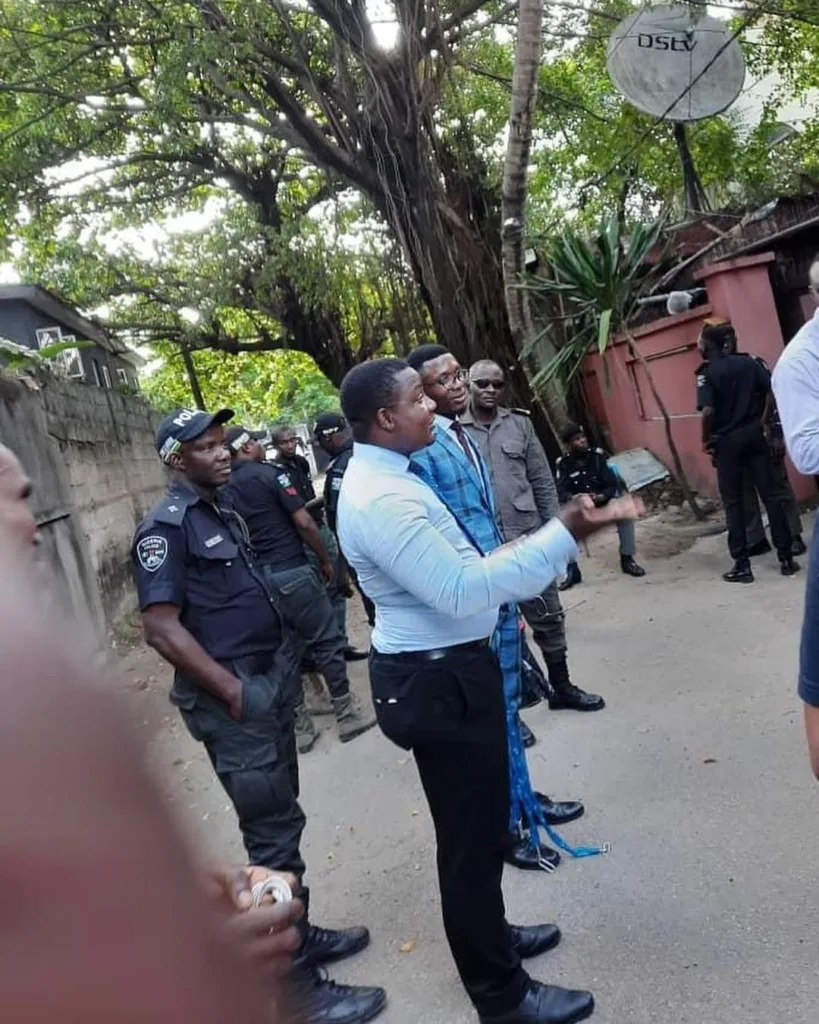
For over two decades, AAF has been a beacon for fostering excellence in African art, orchestrating meticulously curated events, and creative challenges, while providing a global platform for emerging talents. From captivating art exhibitions to thought-provoking artist talks and workshops, AAF has significantly shaped the visual art landscape in Nigeria and beyond.
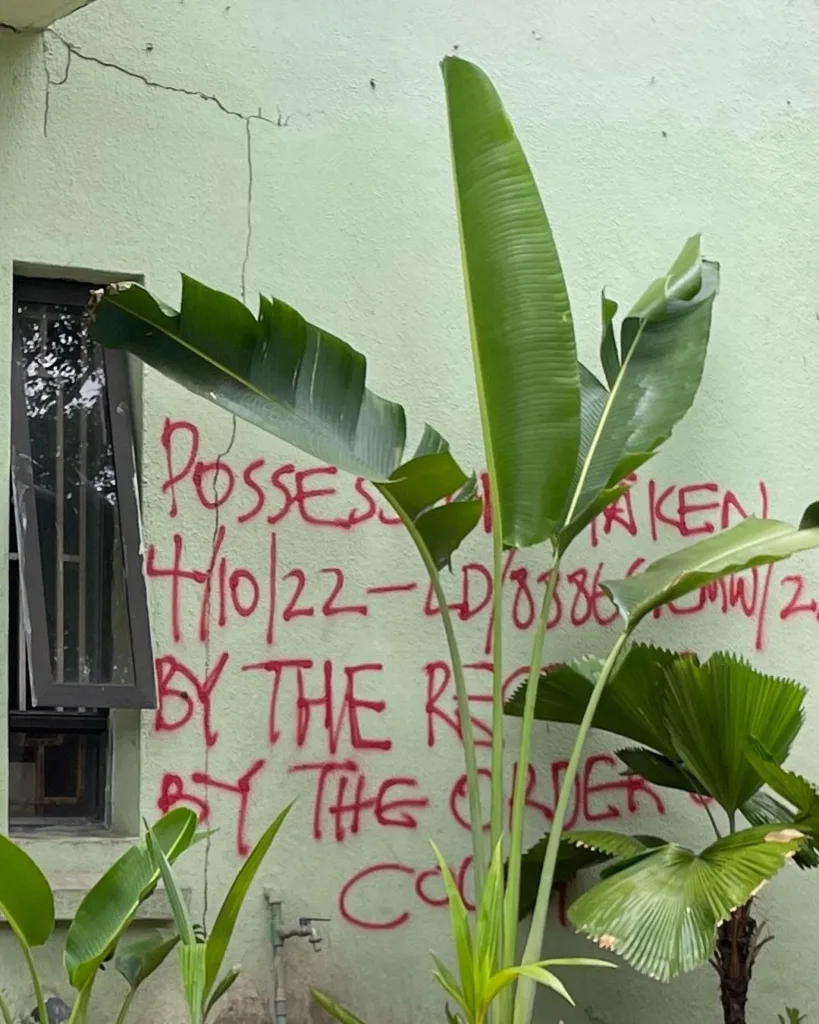
However, the organization’s trajectory took an unexpected turn when Keystone Bank seized AAF’s office in Lagos, citing a dispute with the late landlord’s estate. This unprecedented move has not only disrupted the foundation’s operations but has also prevented access to its premises and valuable equipment, including donated artworks.
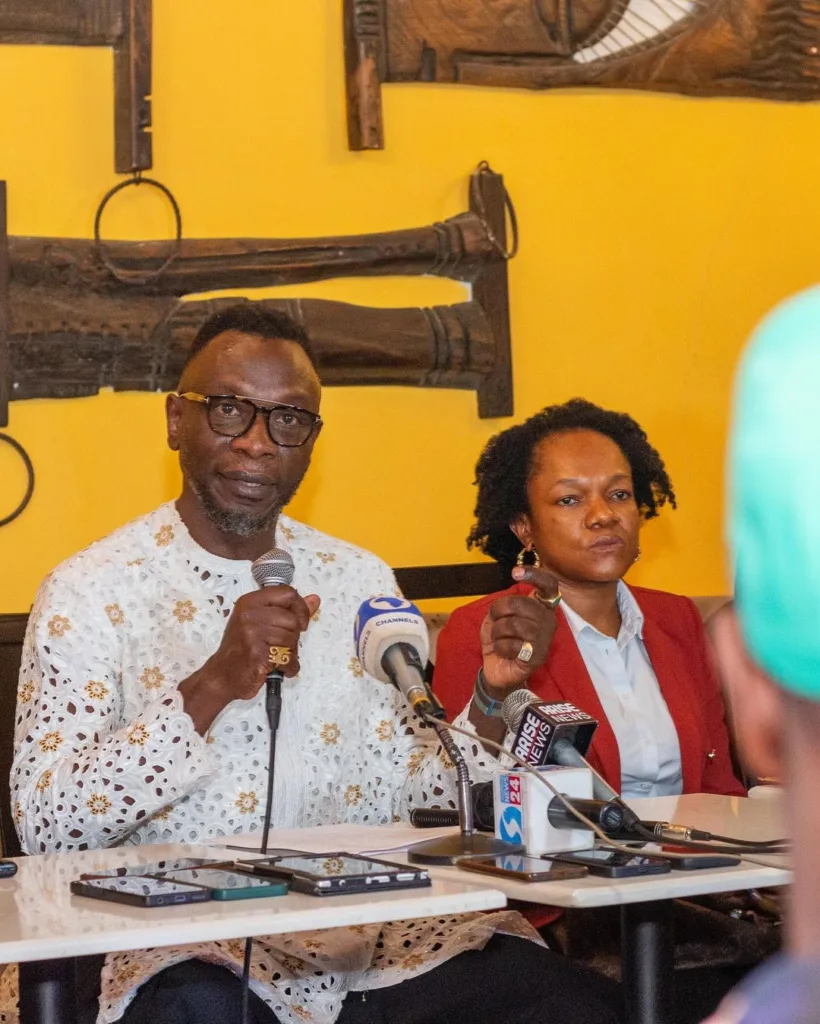
In a social media statement, AAF expressed gratitude for the support received but emphasized the need to share their side of the story authentically.
“We are deeply grateful for the outpouring of support following the publicity surrounding the AA property predicament. It is vital to share our own side of the story, authentically and from our unique vantage point. The African Artists’ Foundation (AAF), amid preparations for our flagship LagosPhoto Festival, was displaced from its venue due to a legal property dispute with Keystone Bank Nigeria in October 2022. This conflict, centered around property rights, led to the displacement of AAF right before LagosPhoto Festival 2022, forcing us to halt operations and has led to the cancellation of LagosPhoto 2024. The core issue lies in Keystone Bank’s refusal to honor our agreement, which promised a full refund if our property acquisition faced obstacles, which it has since October 2023, compelling us into an undesired legal battle.”
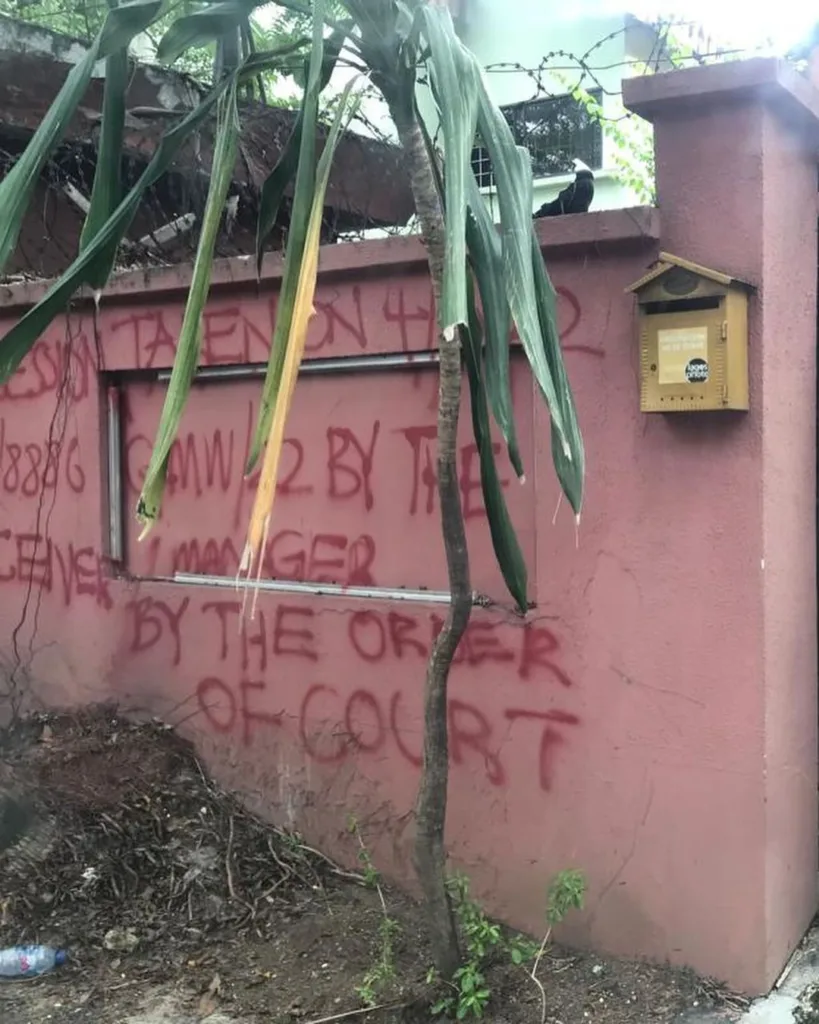
In response to the adversity, AAF has decided to redirect its focus to intellectual development and training, with a particular emphasis on nurturing young curators. The foundation will temporarily operate from Cotonou, Benin Republic, highlighting the resilience of the artistic spirit even in the face of adversity.
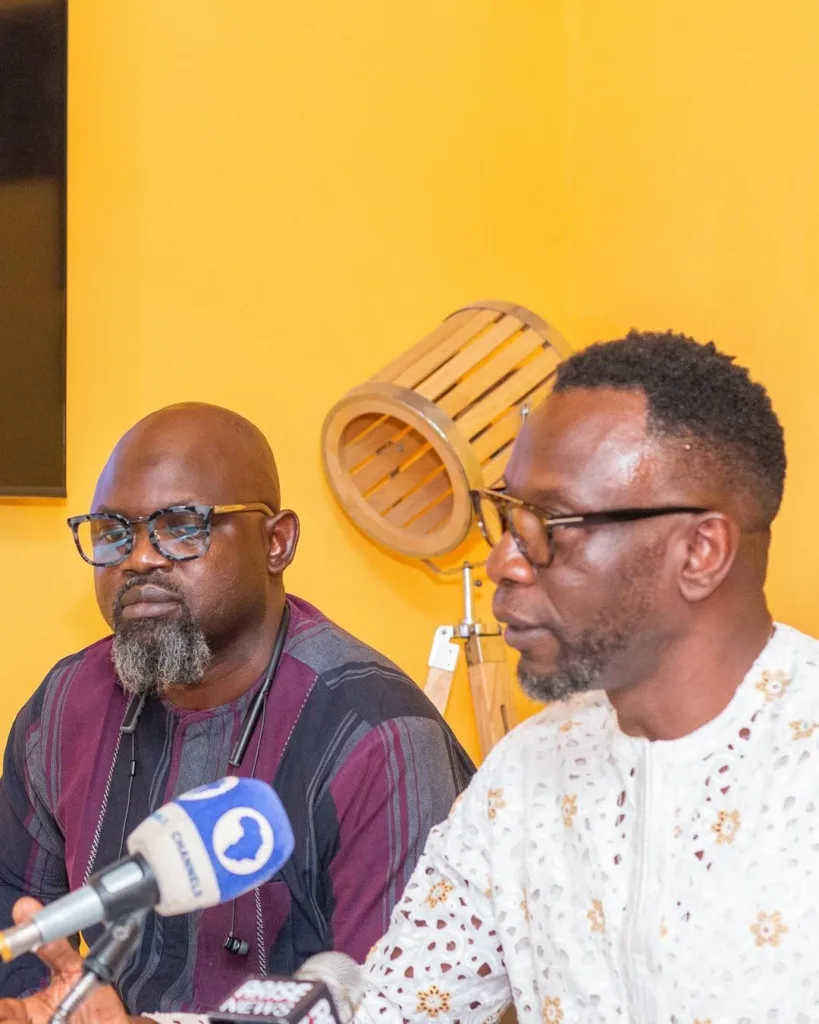
In a media conference reported by Business Day, Azu Nwabuogu, founder, and director of AAF, revealed that Keystone Bank evicted the foundation in October 2020, claiming ownership through a court order based on alleged debts from the Umanah family, AAF’s landlords. The court had previously ruled that the Umanah family did not owe the bank. Therefore, the court dismissed Keystone’s subsequent lawsuit and criticized the bank’s lawyers for abusing the legal process.
AAF sought a refund of the N600 million purchase price, citing an indemnity clause and a letter from the bank’s management. Keystone Bank, through its lawyers, refused the refund. This prompted AAF’s board of trustees to decide to relocate the foundation to another African country, considering the bank’s actions unacceptable.
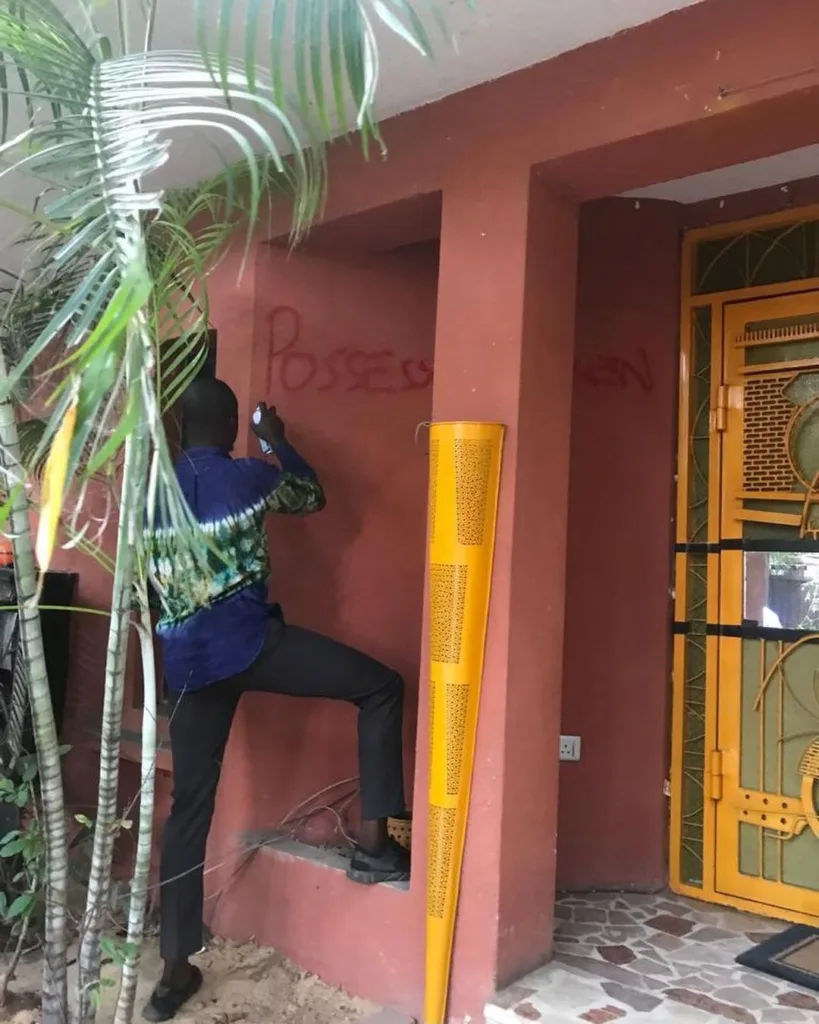
Nwabuogu lamented that AAF, having paid N600 million to acquire a property from the bank, has neither taken possession of the property nor received a refund. As of the media conference on February 24, 2024, AAF still faced the predicament of locked equipment in the sealed property, exacerbating the foundation’s struggle against the controversial actions of Keystone Bank.
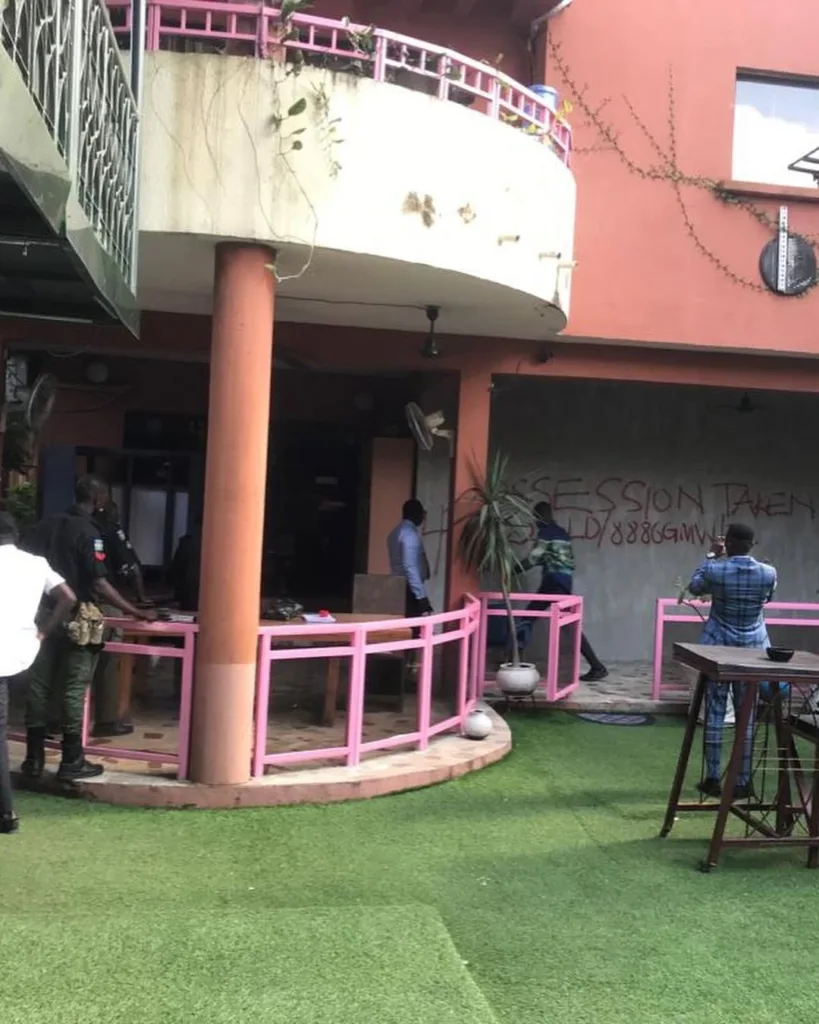
Furthermore, AAF has called upon the Nigerian president to intervene, urging preventive measures against similar incidents that could tarnish the country’s image and impede the efforts of dedicated organizations. The controversy surrounding Keystone Bank’s actions not only jeopardizes the cultural vibrancy fostered by AAF but also raises broader concerns about protecting artistic institutions in Nigeria.
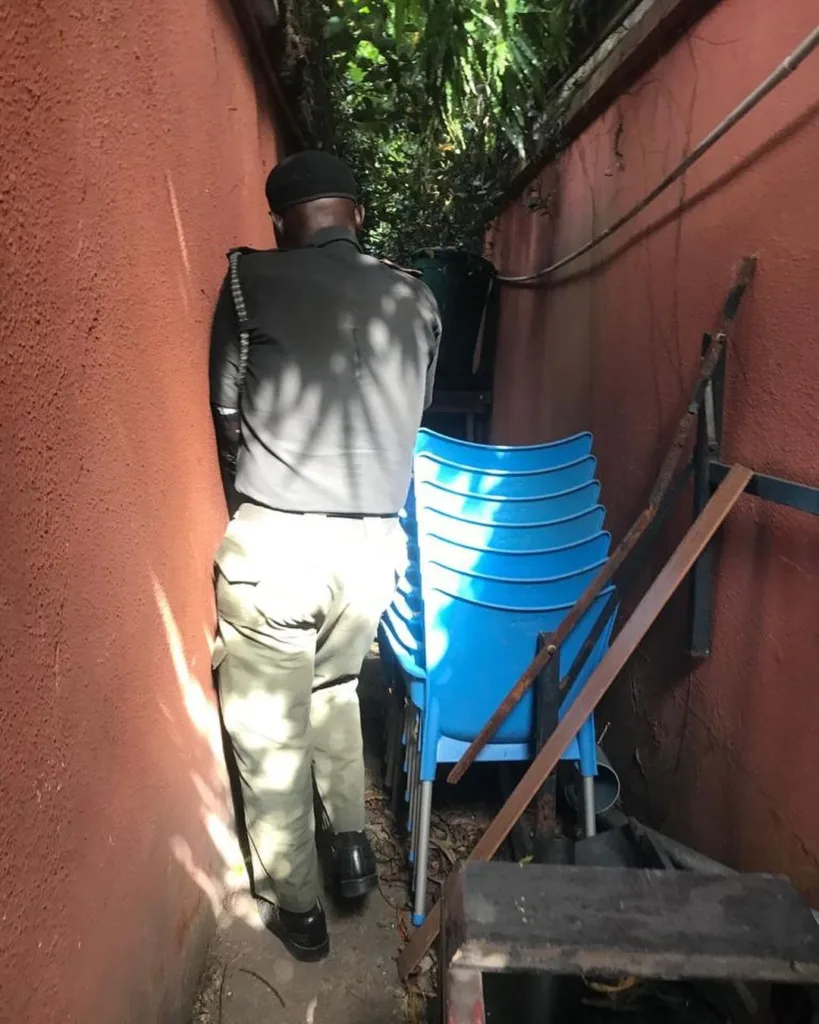
As the legal battle unfolds, the African Artists’ Foundation remains steadfast in its pursuit of justice, vowing to uphold the principles that have made it a formidable force in the African art scene. The clash between artistic expression and corporate interests serves as a poignant reminder of the challenges faced by cultural organizations striving to leave an indelible mark on the canvas of global art.


